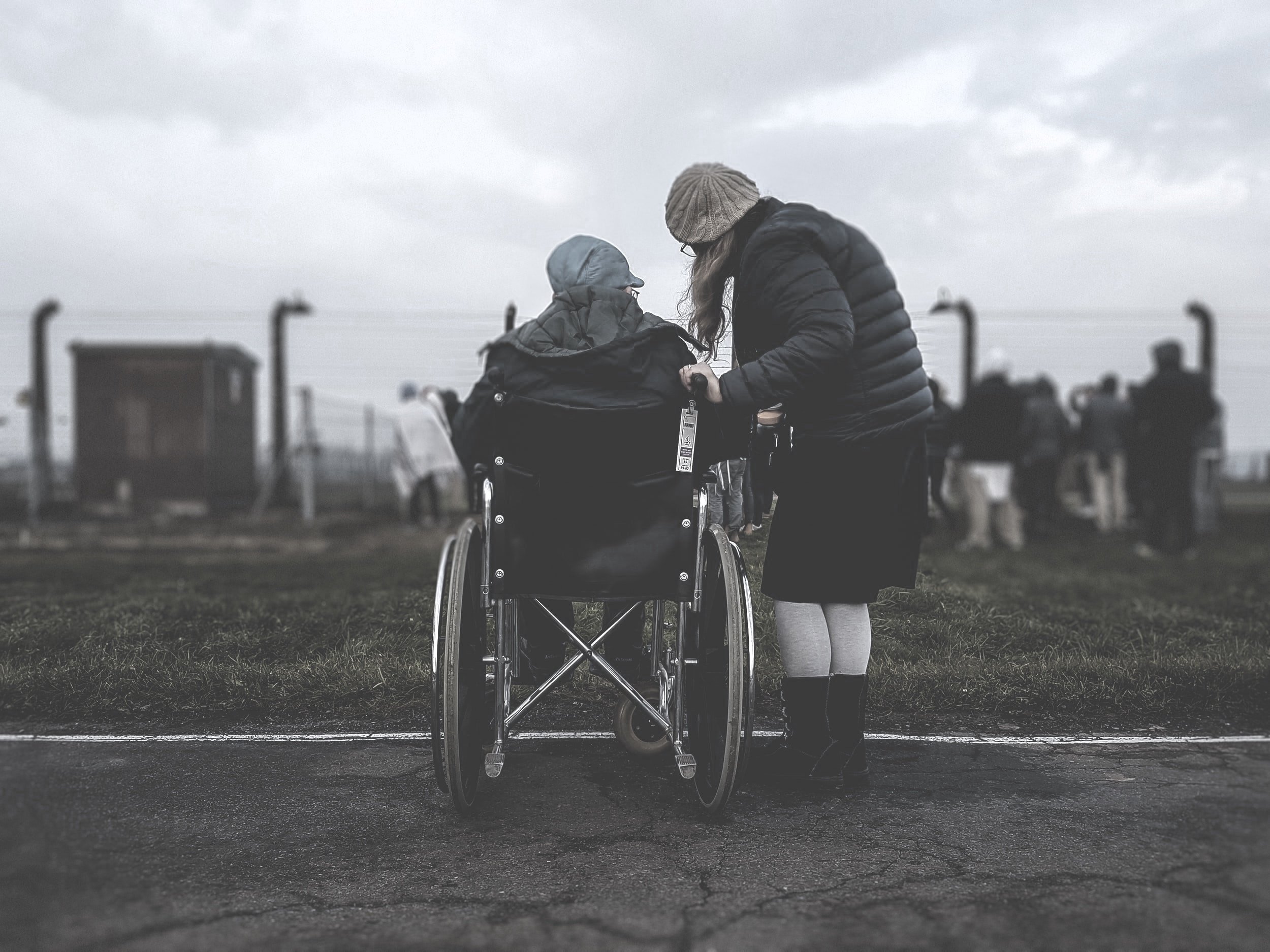
Care Needs
The Care Act 2014 does not give a single, clear definition of the term ‘care needs’. However, in making decisions the Courts have discussed ‘care and attention’ and taken this to mean ‘looking after’ someone; doing things for someone that they can’t do for themselves. ‘Looking after’ also means doing certain things for someone who shouldn’t be expected to do them for themselves. For example, a person who could cook for themselves but it would take them an unreasonably long time, or they may be at risk of hurting themselves .
There are a large number of day to day activities that could be covered by the term ‘care needs’ including; washing, dressing, preparing food, taking medication, moving around the home safely and using local facilities among others. However, it is important to be aware that healthcare is not included; medical or nursing needs are treated differently and are assessed and met by the NHS.
The Care Act 2014 sets out the criteria for assessing ‘care needs’. It focuses on identifying how an individual’s needs affect their ability to achieve certain desired outcomes and whether this has an impact on their wellbeing. In this way, the Care Act 2014 identifies how having care needs can make an individual eligible for local authority support - this is known as having ‘eligible needs’
-
Care and support needs will be ‘eligible’ if:-
they arise from or are related to a ‘physical or mental impairment or illness’; and
the individual concerned is unable to achieve two or more ‘specified outcomes’ because of their care and support needs; and
as a result of being unable to meet these outcomes, there is or is likely to be a significant impact on their ‘wellbeing’
If an individual has ‘eligible needs’, the local authority will have a duty to provide care and support to meet these needs, except in certain situations.
-
This can include any physical or mental illness or condition. It can include learning disabilities, sensory impairment (eg sight loss), mental health problems (eg depression), acute conditions (eg fractures) or long term illnesses (eg multiple sclerosis).
-
The ‘specified outcomes’ are:-
managing and maintaining proper nutrition, for example being able to prepare and eat food and drink
maintaining personal hygiene, for example being able to wash properly
managing toilet needs
being able to dress appropriately, for example putting on enough clothing to keep warm
being able to move around the home safely, for example without tripping and falling
keeping the home clean and safe
being able to develop and maintain family or other personal relationships
accessing and taking part in work, training, education or volunteering
being able to make use of necessary facilities or services in the local community, for example using public transport to get to the shops, place of worship or community centre
being able to carry out any childcare responsibilities
An individual will be considered to be unable to achieve an outcome if they need help to achieve it or if, even though they could achieve it on their own, doing so would take much longer than would normally be expected or cause them pain, distress or anxiety or would endanger their (or someone else’s) health or safety.
-
The Care Act 2014 relates ‘wellbeing’ to following areas:-
personal dignity
physical and mental health and emotional wellbeing
protection from abuse and neglect
control over day to day life (including over care and support and the way in which it is provided)
participation in work, education, training or recreation
social and economic wellbeing
domestic, family and personal relationships
suitability of living accommodation
the individual’s contribution to society